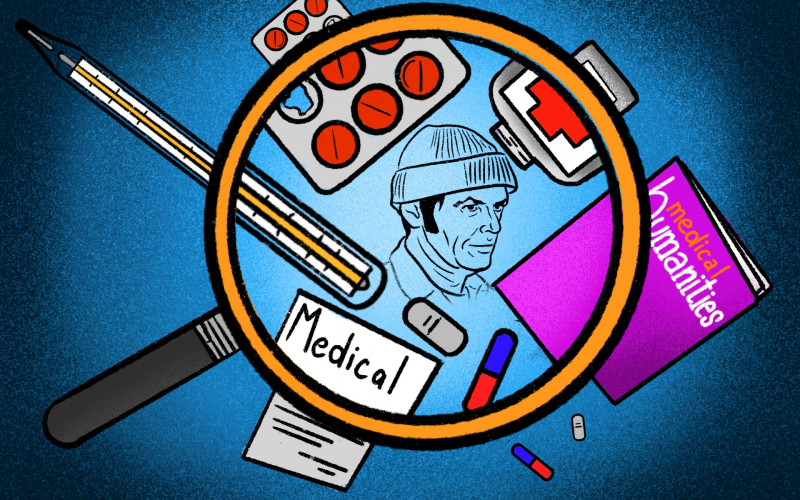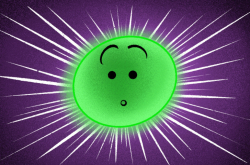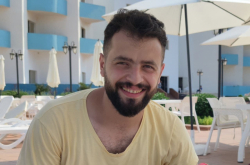What are Medical Humanities?
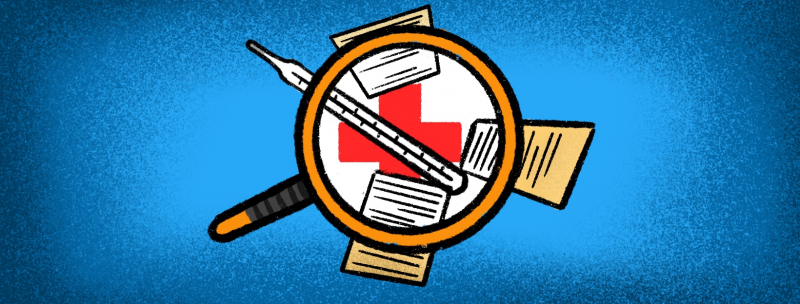
Medical Humanities is an interdisciplinary field that considers the issues of health and illnesses from a broader point of view than history or medicine do. Here, researchers look at the contexts, experiences, critical and conceptual problems of healthcare through humanities: history, philosophy, social studies, anthropology, art history, etc. As a source, these studies use historical documents, various media – newspapers, magazines, adverts, literature – both fiction and scientific, as well as art pieces, including performing arts, such as theater, dance, or cinema.
Can you be more specific?
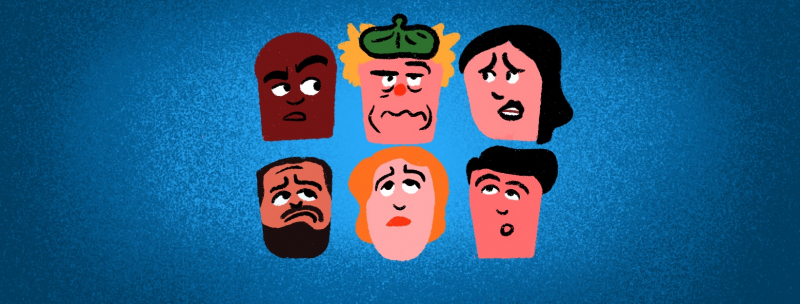
Medical Humanities aim to answer the following questions: What is an illness? What is health? Is there a social component to illness? How can racial, class, or gender inequality influence the way you experience illness or your access to medical help? How do historical and cultural models influence our contemporary perception and image of an illness?
Why do we need this?
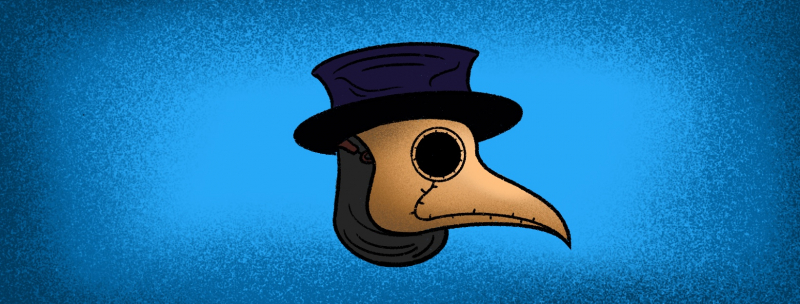
Illnesses are a unique human experience that is in-built in the general canvas of our civilization. Health-related issues worry both individuals and society in general on cultural, economic and political levels. It’s no wonder that historians, art historians, and social scientists are interested in analyzing these topics. They are not studied very well and can shed light on many aspects of our lives.
Can you give us an example?
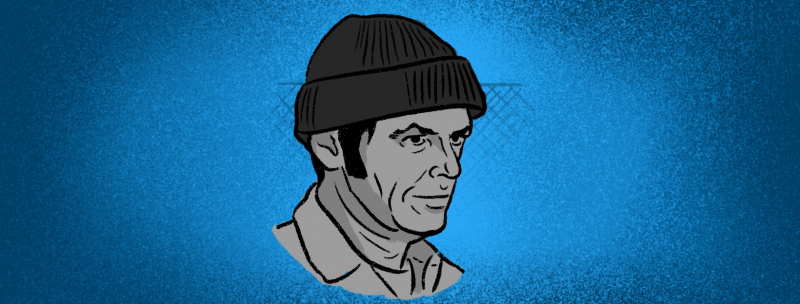
Let’s say that we study the history of mental disorders: up until the second half of the 19th century people suffering from mental health issues were marginalized, or put into restraining devices, they were often considered possessed by demons or the devil. The situation changed with the introduction of “moral treatment” but the cultural patterns ingrained in our mind still have an influence on art and culture. A researcher’s task would be to trace the evolution of the way society perceived mental illnesses through their images in art. Say, based on the evolution of how people with mental health issues are portrayed in cinema, we can watch the changes in our approach to treatment: from the forced one that sometimes included physical abuse to a more humane one that involves occupational or art therapy.
Why is this field relevant?
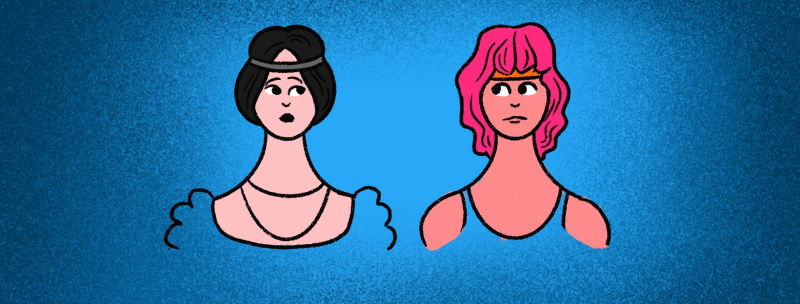
For example, in modern media, the topic of depression, melancholy, and mental disorders is extremely articulated. In particular, women are often labeled hysterical, it has even become a kind of a trope. This is due to a cultural myth that appeared in the 19th century – at that time it was believed that women had a weaker nervous system. The image of a girl constantly fainting and suffering from nervous breakdowns was cultivated and actively replicated in popular culture, and in this form it reached our time. And the first psychiatric hospitals for women, like the one founded by Jean-Martin Charcot, were bodies of disciplinary power that suppressed the needs and desires of the female body as something unnatural. We continue to deal with this cultural baggage in our time, so it is extremely relevant to study it.
Is this a brand new field of science?
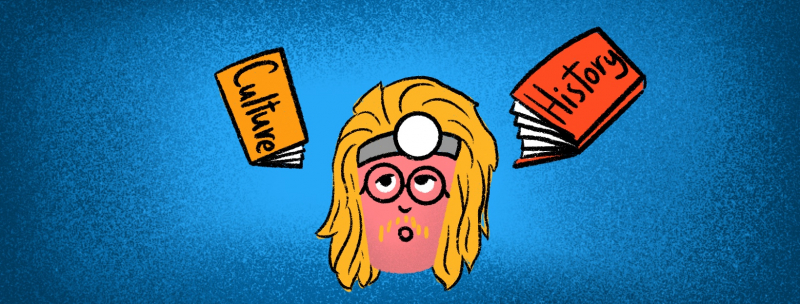
This approach appeared in the 70s in several medical universities in the USA and the UK, when courses in history, literature and philosophy were introduced into the educational program for medical students. Before that, there was a clear divide between the humanities and natural sciences – it was believed that they belong to different camps, do not overlap in any way and therefore do not pose any interest for each other.
How are Medical Humanities developing now?
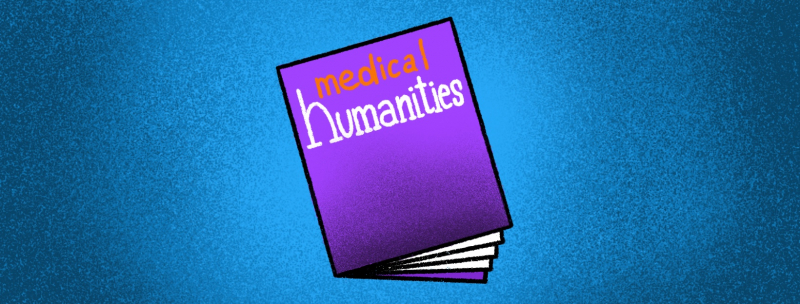
Now there are many peer-reviewed journals, professional communities and international conferences in this field, it has gone global. Medical Humanities courses are now taught in universities in almost all European countries, the United States, Canada, and Australia. However, despite such a rapid development, Medical Humanities is still not a research field of its own, but a set of disparate academic disciplines.
Why is it like this?
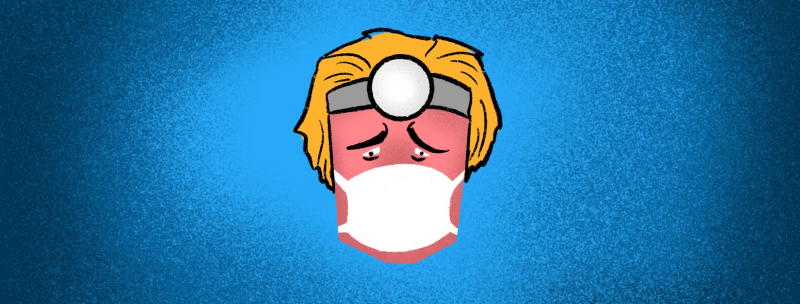
Research in this area is usually conducted by single scientists, be that sociologists, historians, linguists, literary critics, or art historians. They work within the scope of their specialization, without involving experts in medicine. This happens in most European universities, because the humanities faculties declare their ownership of Medical Humanities, as if privatizing the whole field. And so it is cut off from the professional medical community and not integrated into the educational process in medical universities. And this is a serious obstacle to the development of the field, because it requires the competence of both the humanities and medical sciences.
